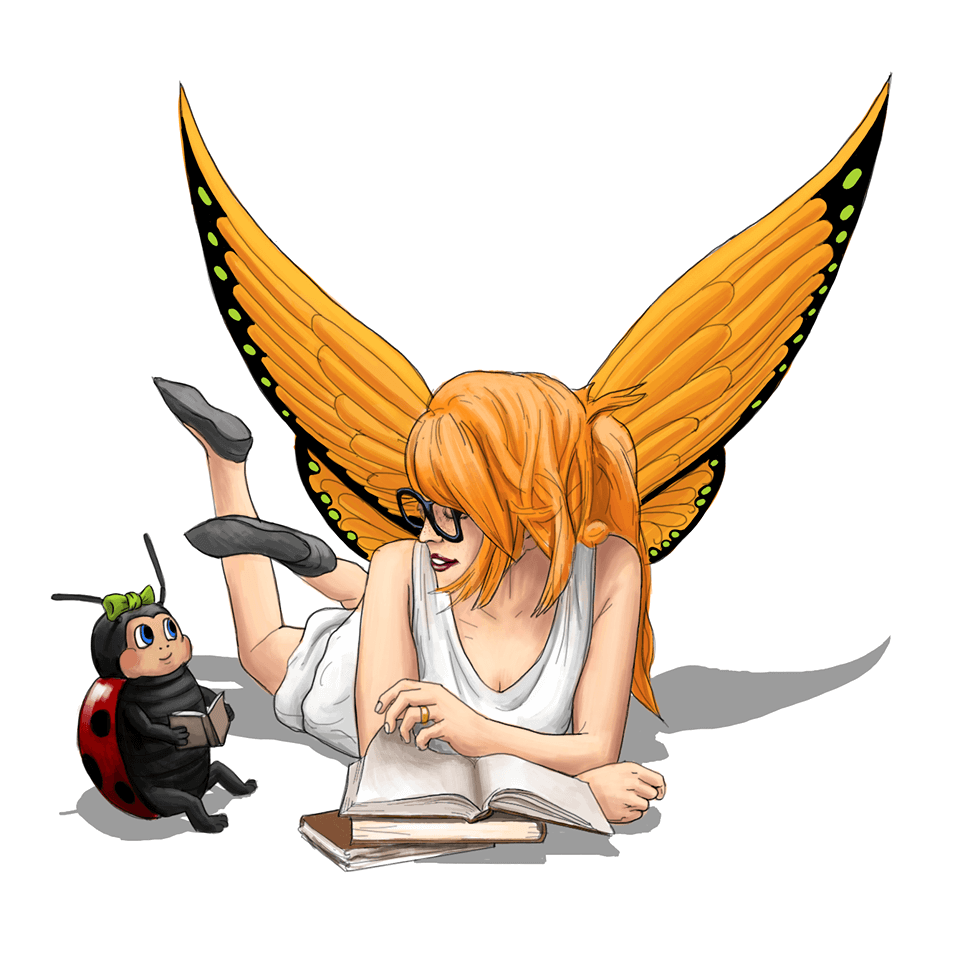Lauras Rede auf der Juristentagung ist an dieses Ereignis angelehnt, siehe https://de.wikipedia.org/wiki/Karl_Heinrich_Ulrichs :
Auf dem deutschen Juristentag 1867 in München forderte Karl Heinrich Ulrichs in einer Rede erstmals öffentlich die Straffreiheit gleichgeschlechtlicher sexueller Handlungen, da diese auf einer natürlichen Veranlagung beruhen würden, worauf es zu tumultartigen Szenen unter den Zuhörern und zum Abbruch seiner Rede kam.
Ulrichs war stolz auf diesen Auftritt und schrieb dazu später:
„Bis an meinen Tod werde ich es mir zum Ruhme an rechnen, daß ich am 29. August 1867 zu München in mir den Muth fand, Aug’ in Auge entgegenzutreten einer tausendjährigen, vieltausendköpfigen, wuthblickenden Hydra, welche mich und meine Naturgenossen [gemeint: homosexuelle Männer] wahrlich nur zu lange schon, mit Gift und Geifer bespritzt hat, viele zum Selbstmord trieb, ihr Lebensglück allen vergiftete. Ja, ich bin stolz, daß ich die Kraft fand, der Hydra der öffentlichen Verachtung einen ersten Lanzenstoß in die Weichen zu versetzen.“Die Quelle für die amerikanische Unabhängigkeitserklärung:
https://de.wikipedia.org/wiki/Unabh%C3%A4ngigkeitserkl%C3%A4rung_der_Vereinigten_Staaten#Inhalt
Der Aufstand in der Kneipe ist an den Aufstand im Stonewall Inn in New York angelehnt, an welchen der Christopher Street Day erinnert, siehe
https://en.wikipedia.org/wiki/Stonewall_riots :
Multiple accounts of the riot assert that there was no pre-existing organization or apparent cause for the demonstration; what ensued was spontaneous.[note 5] Michael Fader explained,
We all had a collective feeling like we'd had enough of this kind of shit. It wasn't anything tangible anybody said to anyone else, it was just kind of like everything over the years had come to a head on that one particular night in the one particular place, and it was not an organized demonstration... Everyone in the crowd felt that we were never going to go back. It was like the last straw. It was time to reclaim something that had always been taken from us.... All kinds of people, all different reasons, but mostly it was total outrage, anger, sorrow, everything combined, and everything just kind of ran its course. It was the police who were doing most of the destruction. We were really trying to get back in and break free. And we felt that we had freedom at last, or freedom to at least show that we demanded freedom. We weren't going to be walking meekly in the night and letting them shove us around—it's like standing your ground for the first time and in a really strong way, and that's what caught the police by surprise. There was something in the air, freedom a long time overdue, and we're going to fight for it. It took different forms, but the bottom line was, we weren't going to go away. And we didn't.[91]

